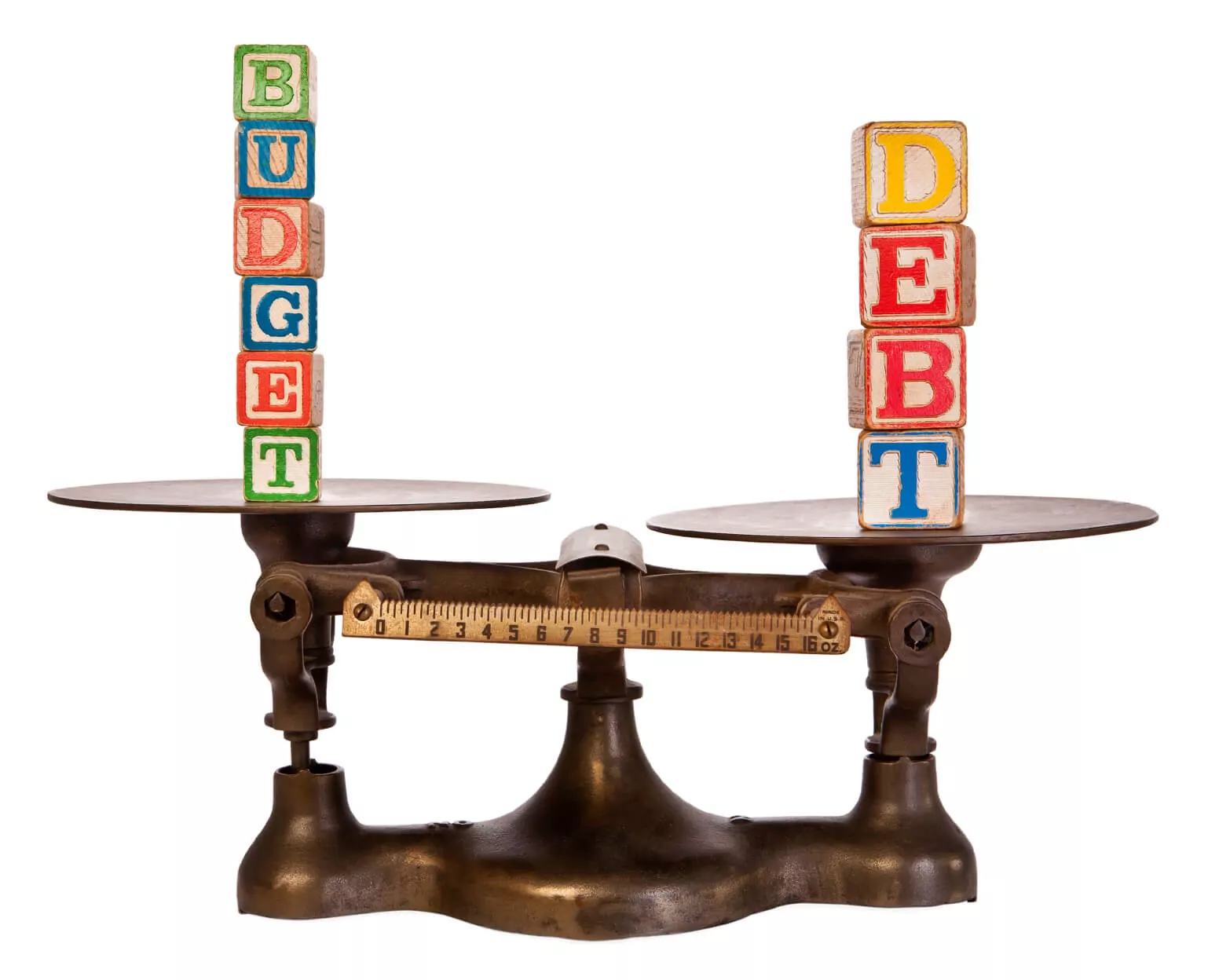Budgeting
Build a personal budget that helps you control overspending that leads to credit card debt.
Personal budgeting tends to get a bad rap. In the past, it was a time-consuming hassle that most people would prefer to avoid. However, today’s technology, such as smartphone budgeting apps, make it easy to budget so it can become part of your daily routine.
The more you stick to a budget, the easier it is to save money and manage debt. It also helps you avoid issues that lead to financial hardship.
The articles in this section are geared towards helping you learn how to build and maintain an effective personal budget. You can find more tips at the bottom of this page.
Browse by Tags
-
Can a Spending Fast Fix Your Finances?
Are you tired of living paycheck to paycheck? Do you find yourself constantly stressed about money and feeling like you never have enough? If you have trouble covering monthly bills…
-
Learn How EASY the 50/30/20 Budget Really Is!
Most people aren’t quite sure what the 50/30/20 budget actually is, but with our guide you’ll understand the basics and how to properly use it.
-
Financial Fiasco 2024: We’re Over-Spending – and Over-Confident
It’s a new year with the same old problem. But it doesn’t have to be this way.
-
Debt.com’s annual holiday spending survey 2023
Inflation isn’t stopping holiday shoppers this year, according to the 2023 Holiday Spending Survey from Debt.com.
-
How to Stay Out of Debt
Paying off credit card debt is a huge accomplishment. But one financial emergency can cause you to go right back into debt. Many people have no choice but to rely…
-
How to Eat Out on a Budget
Don’t eat out just because you didn’t plan dinner. Don’t avoid it because you’re on a budget.
-
What’s the Scariest Thing About This Halloween? Inflation
The average American has $95,000 worth of personal debts and inflation is creeping into their budget. No wonder so many fear inflation.
-
I Hate The Holidays – Because They Hurt So Many People
Holiday cheer is often followed by financial fear. So bah, humbug.
-
More Americans Are Budgeting – and Getting Out of Debt
Debt.com’s annual poll of 1,000 Americans shows debt is a major reason to start budgeting. Fortunately, the budget has been a proven solution.
-
Steps to Master Budgeting with Variable Income
Effective strategies to help you gain control over your finances, regardless of the fluctuations in your income.
-
The 50-30-20 Rule Can Get You Out of Debt. So Can These Other Rules Of Thumb
Whichever you choose, you can budget yourself out of financial trouble in no time.
-
Crazy Funeral Ideas That Are Cheaper Than a Burial
The average funeral costs between $7,000 and $12,000. Over my dead body will I pay that kind of money to get rid of my dead body.
-
Financial Literacy Month is Lucrative
In a couple hours, you can save thousands for the rest of the year.
-
A Traditional Burial is So 1998
Over the past 25 years, cheaper and more eco-friendly funerals have become the norm.
















